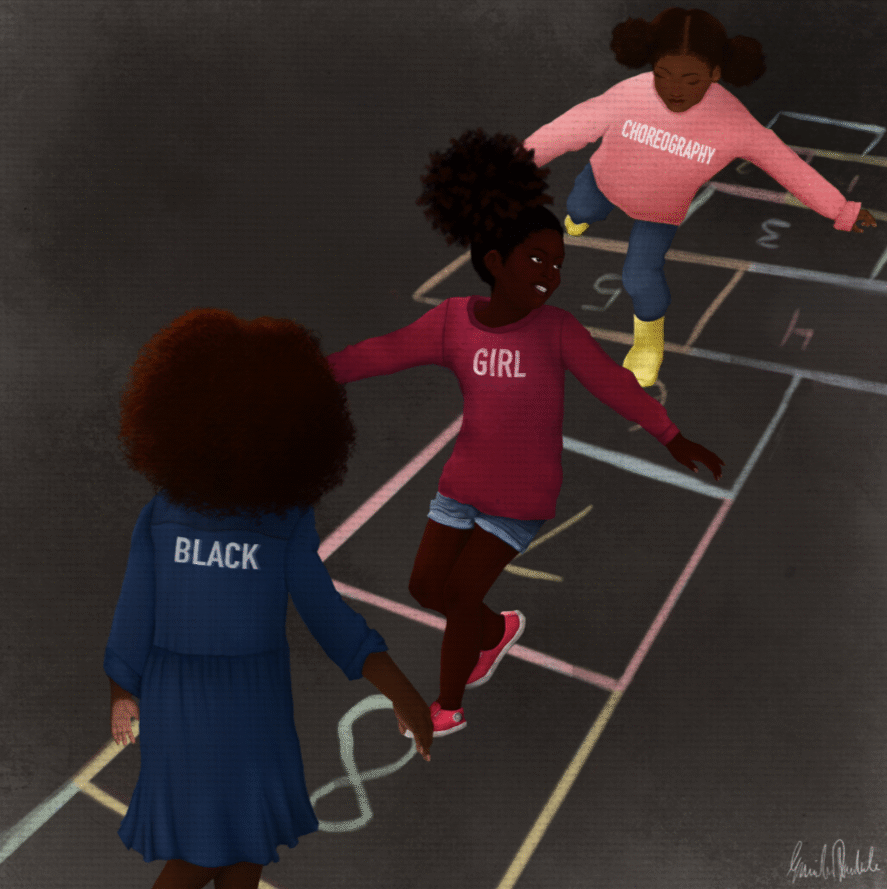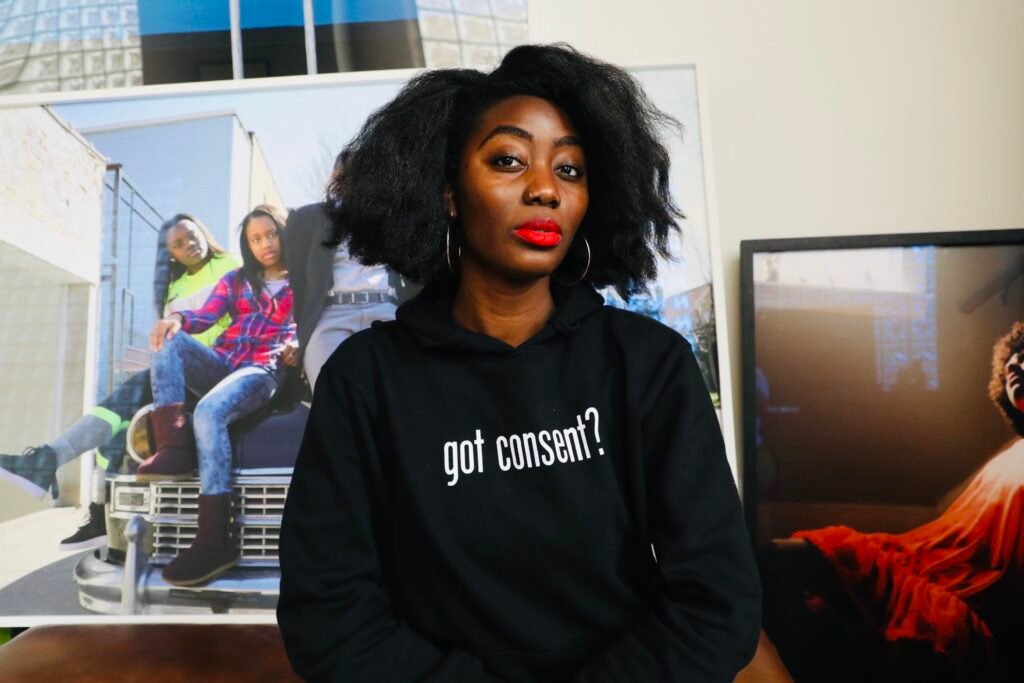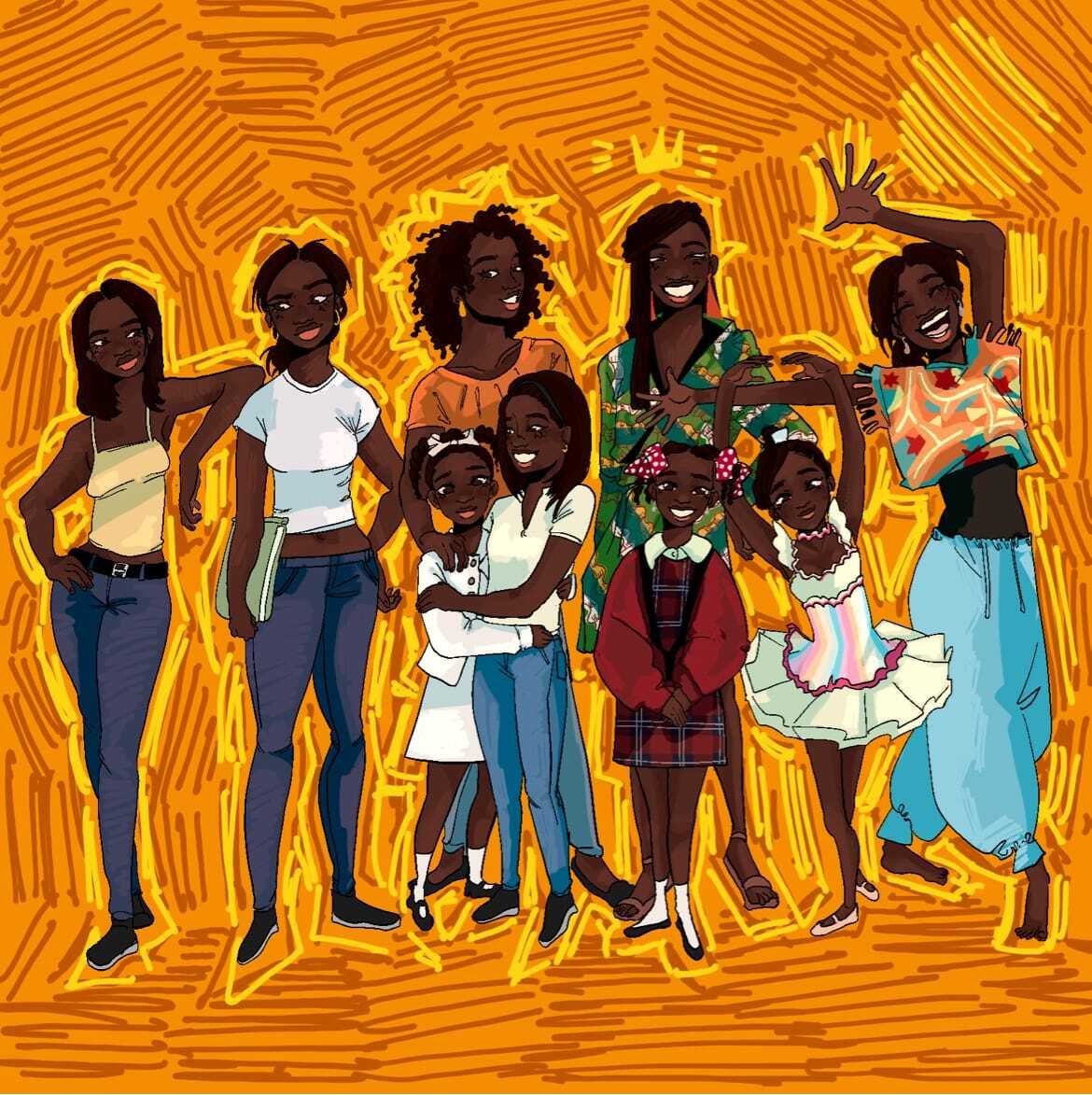
Summary of My Dissertation/Podcast: Blackgirl Choreography
Blackgirl Choreography unpacks my experiences holding space for Black girls during my five-year doctoral journey researching Black girlhood. Through storytelling, I center my experiences anchored in my identity as doctoral student, researcher, educator, and a Black woman learning to love herself as much as she loves Black girls. I deepen my understanding of these experiences by (re)membering moments of my girlhood. In the process, I encounter not only the Black girls and Black women in my stories, but the inner[Black]girl child/children that exist within me. I want everyone, especially other Black women who engage Black girlhood in research and practice, to witness the knowledge that came from this work and the healing that resulted therein. I hope that witnessing my journey helps Black women to make sense of their own as they continue the lifelong project that is healing.
In my dissertation, I recounted six stories that I shared through essays, journals, and audio with Black women I trusted to hold me with tenderness, care, and accountability. We facilitated dialogue in the process of receiving and gifting feedback, which resulted in me creating audio responses to these stories, and finding ways to incorporate their voices in my project. It only made sense to make my findings chapter, which is typically written in dissertations, a series of audio reflections. I concluded my project with conversations with people who have witnessed me through it all: my therapist, mentor, yoga therapist, and spiritual adviser. These audios have been remixed and revised to create what this project has become—- Blackgirl Choreography.
This work honors the lives and labor of Black women and girls and asks: What if we healed just because we deserve to? What if we no longer had to explain our work, but instead allowed it to be witnessed and felt? Blackgirl Choreography is an offering, a remembrance, and a reclamation.
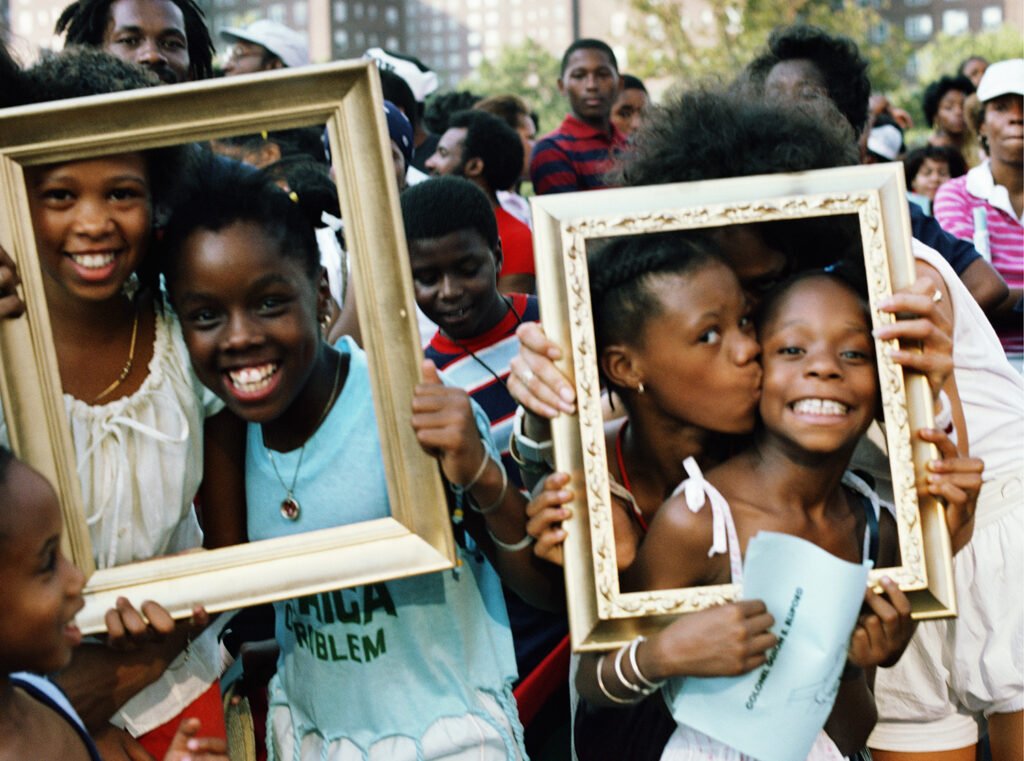
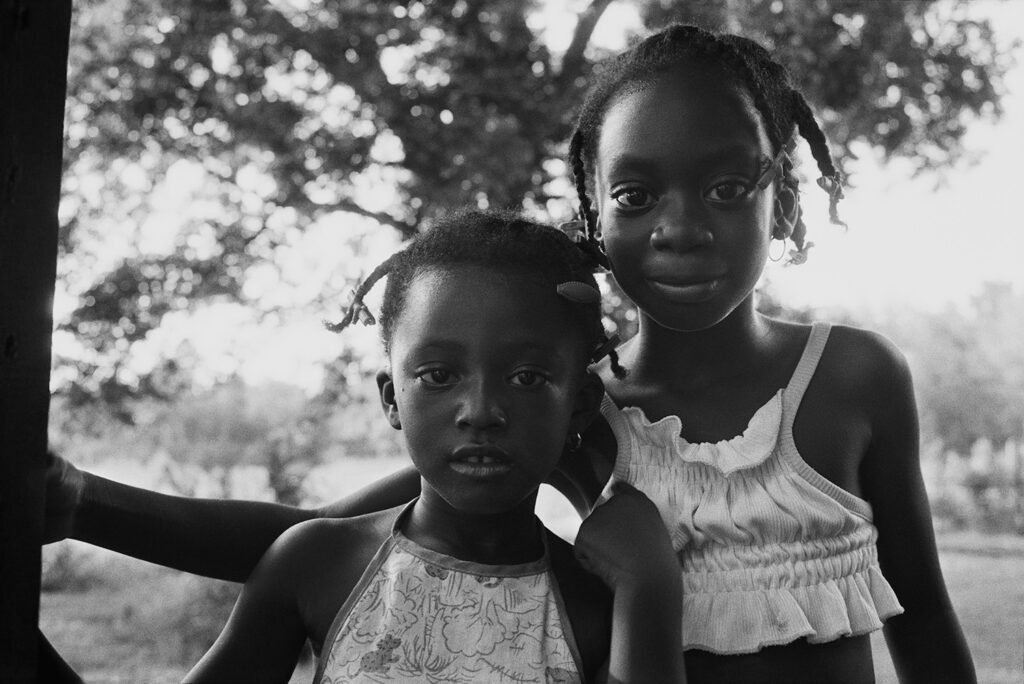
Black Girl Choreography – A story about my time as a first-year Kindergarten teacher in a “No Excuses” charter school, where I witnessed—and was complicit in—dehumanizing disciplinary practices. It explores a moment of refusal and joy through a later encounter with a student who experienced the harm of my practices. Most importantly, it shares how my past, harmful experiences of schooling, specifically literacy, challenged how I chose to navigate the tension of framing my research of Black girls’ engagement of social dance as a literacy.
Savage Sensibilities Savage Sensibilities is a joyful reflection on learning the “Savage Remix” TikTok dance from my best friend’s younger sister during the pandemic—a moment that reconnected me to my inner [Blackgirl]child and the evolving traditions of Black girl dance. This story honors the intergenerational exchange between Black girls and Black women, revealing how joy, movement, and memory live beyond professional spaces. It affirms that Black girlhood is not only about healing wounds but also about reclaiming joy as a site of celebration, connection, and refusal. Our joy is not just a response to pain—it’s a declaration of aliveness.
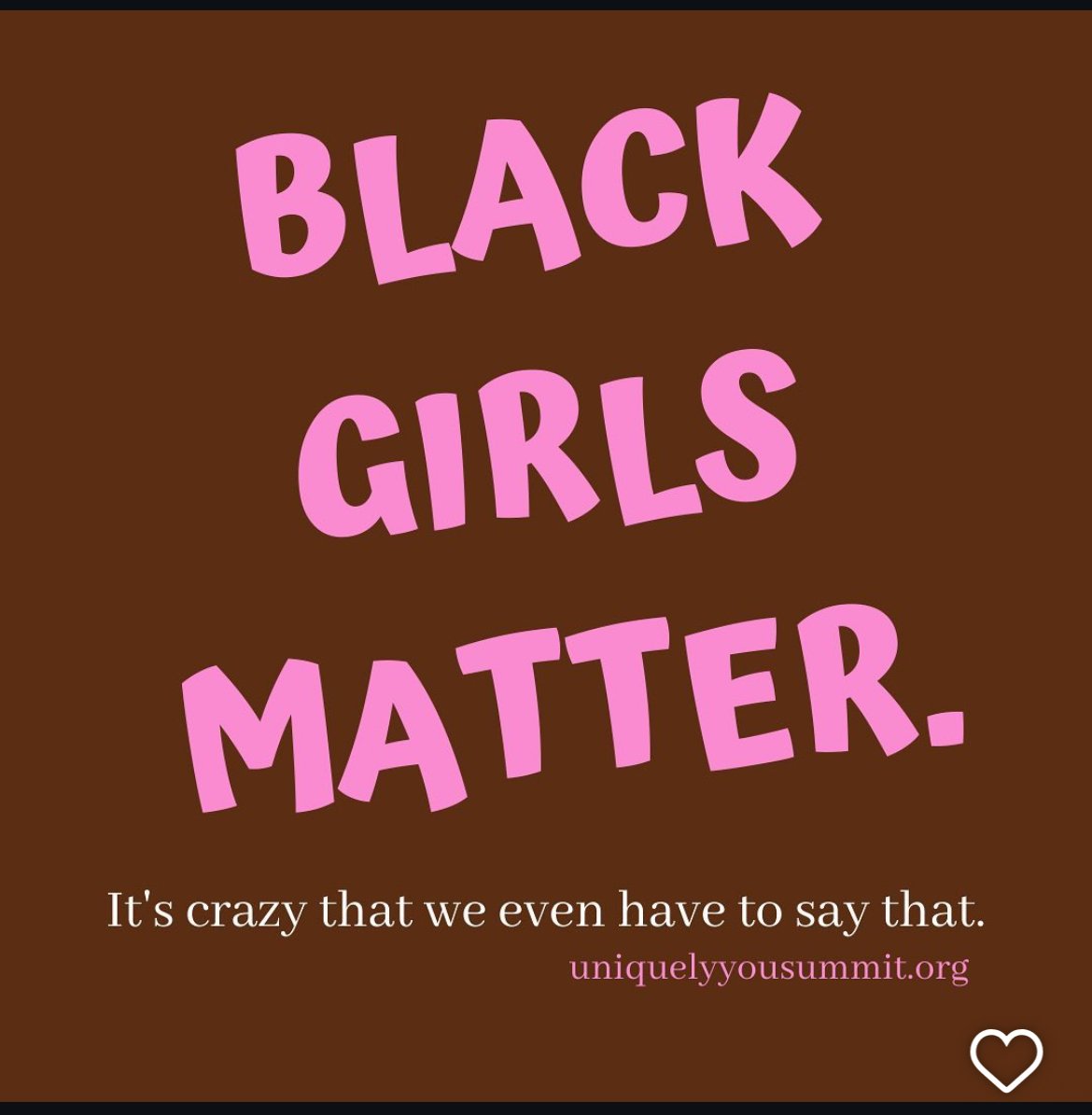
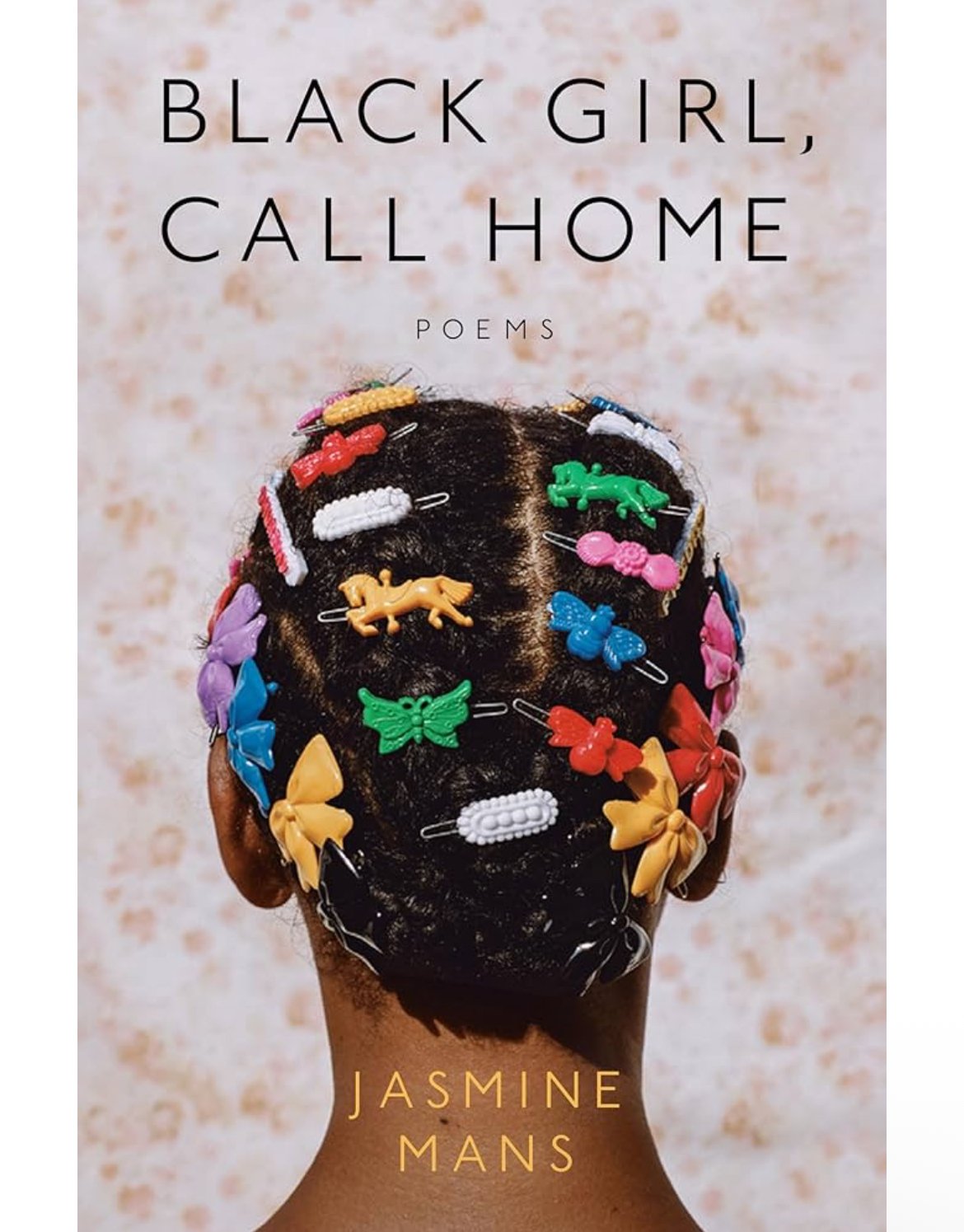
Ghana Picnic—This story is about the spiritual, emotional, and logistical labor of creating space for Black girls—and for the inner [Blackgirl] child within us. It recounts my behind-the-scenes efforts of applying for funding to travel to Ghana, planning a joyful gathering for a group of Ghanaian adolescent girls, and navigating the unexpected challenge of planning a picnic in the midst of torrential downpour. More than an event, the picnic became a practice of care, intention and aliveness,. It offered a rare opportunity to witness Black girlhood globally and to honor the sacredness of Black girl joy. This story celebrates what becomes possible when Black women nurture spaces for rest, play, and collective healing.
I (Still) Can’t Breathe – A deeply personal narrative about the grief of losing my sister, Patricia, and how I navigate this grief when I encounter it again in the context of my work with Black girls, when we engaged in a conversation about grief/reclamation/activism with Juniyah Palmer, the sister of Breonna Taylor.
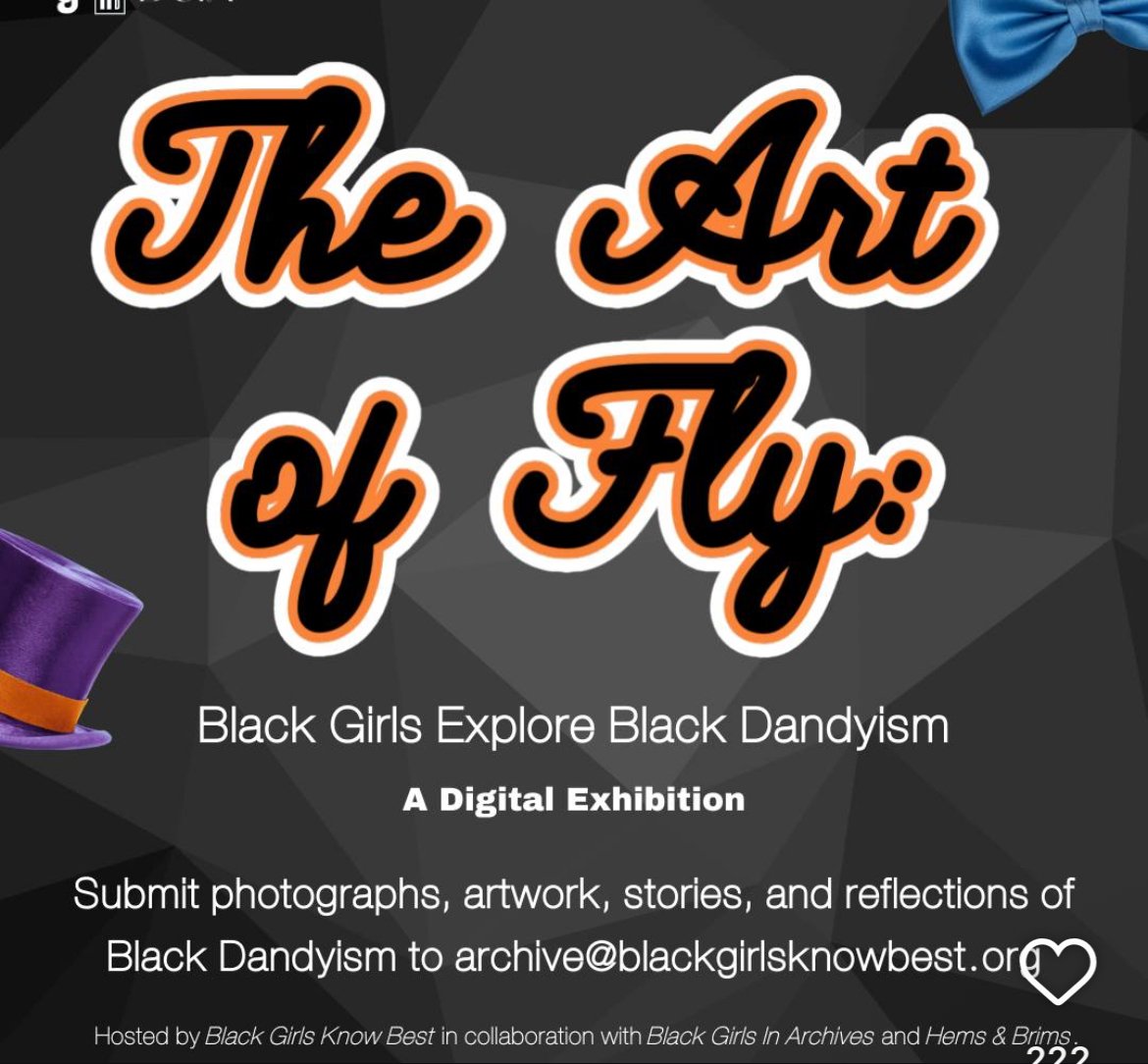

Pause for the Cause— A reflection on a tense/challenging research collaboration and the lessons I learned therein. In this story, I talk about the beautiful ways Black women facilitate sisterhood and how hard it is to preserve this sacred bond in institutional spaces such as academia that do not value us and the ways we exist together.
Trauma-Informed Purpose – A series of journal entries that explore what happens when purpose and trauma become entangled. It questions whether healing must always be tied to productivity or service, and dares to imagine a different way of being.

